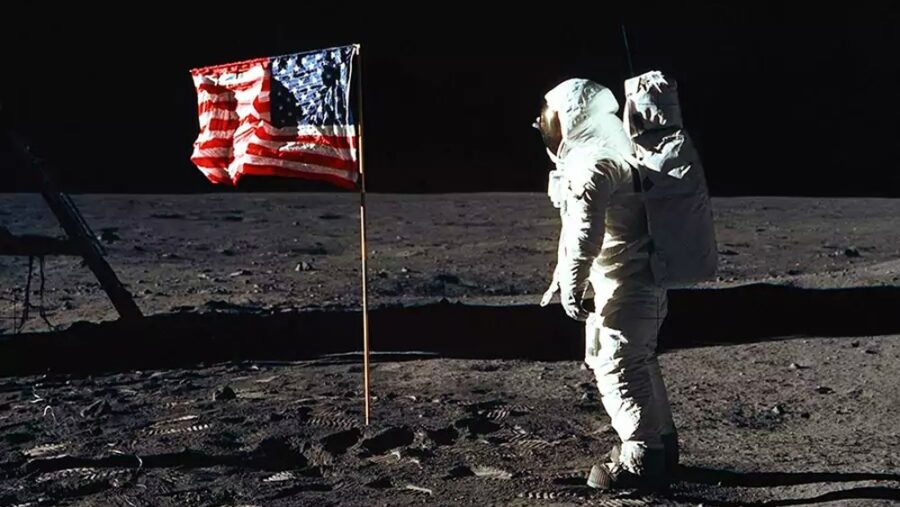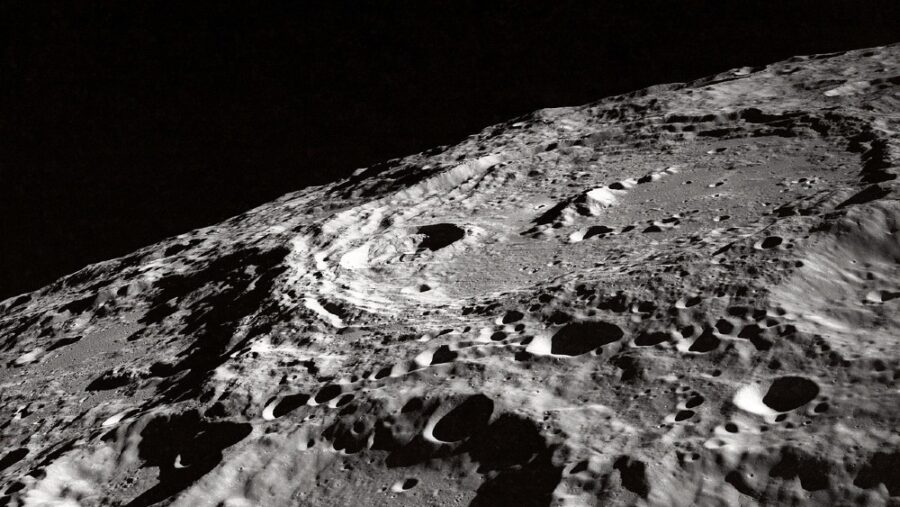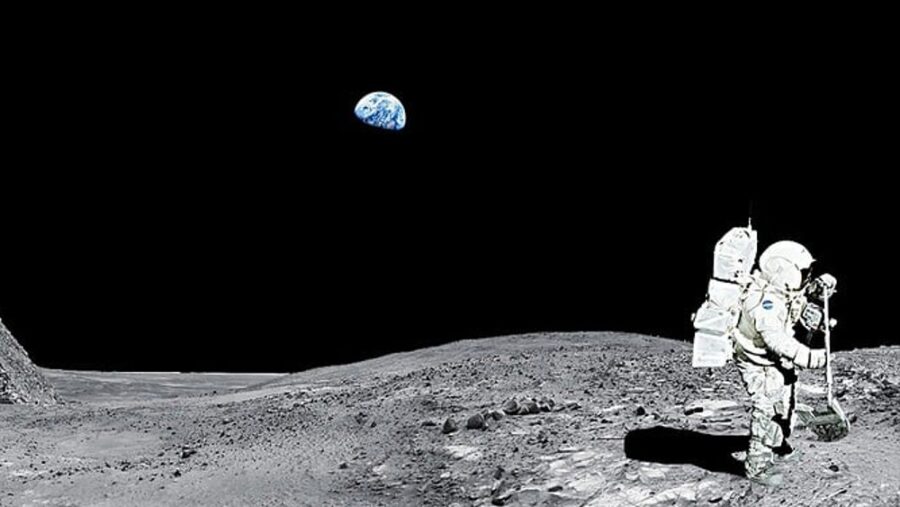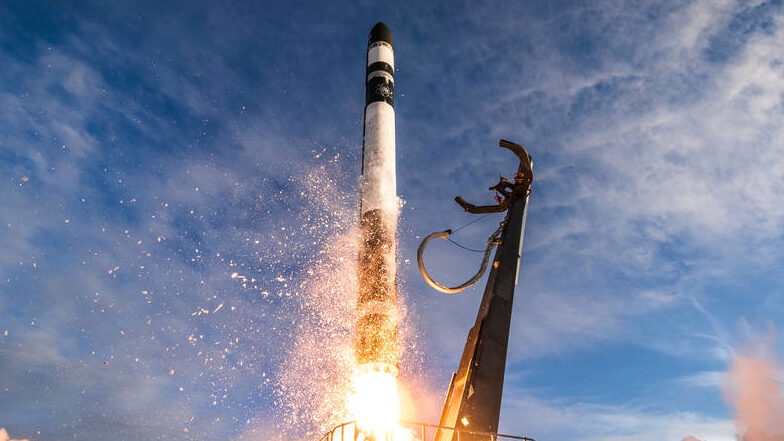Interlune Plans To Be First Company To Mine The Moon

Ever since mankind first took to the stars, it has been a dream for many scientists and engineers to terraform foreign planets and celestial beings while searching for valuable resources for human consumption. Now one company has raised millions of dollars in funding to mine for valuable resources on the lunar surface of the moon, including helium-3. The company is a Seattle, Washington-based space exploration and mining startup called Interlune, headed by two former Blue Origin employees.
Backed By An Apollo Astronaut

Interlune was launched after Blue Origin’s former president, Rob Meyerson, and chief architect Gary Lai partnered in 2020, though the company has just announced its lofty mission statement. The duo are joined by Apollo 17 astronaut Harrison H. Schmidt, who holds the prestigious honor of being one of the only living humans to have walked on the moon’s surface.
While Amazon founder Jeff Bezos initially formed Blue Origin for deep-space exploration, the company has so far operated as a high-ticket space tourism outfit, allowing millionaires to visit the crest of space for brief intervals.
Helium-3

Unlike Blue Origin, however, the team behind Interlune plans to immediately use their heavy machinery and engineering prowess to benefit humanity by carting tons of rare helium-3 to the Earth. Helium-3 is a variant of the common helium used to fill birthday balloons. It is used to cool advanced medical sensors and aid in many other scientific contexts. Unfortunately, the substance is quite rare on Earth, though it can be found in massive quantities just under the surface of the moon.
Unmanned Machinary

No wide-scale mining has ever been conducted on the moon, though NASA astronauts have retrieved soil and rock samples from the lunar surface for scientists to study in-depth. According to Interlune’s press release, the company has raised over $18 million in funding to undertake its long-awaited mission, with a majority of the funding coming from venture capital firm Seven Seven Six. The company’s initial goal is to send unmanned machinery to the lunar satellite, with the purpose of extracting and transporting helium-3 using never-before-seen tech.
Only The Beginning

Interlune’s technology is based on proprietary intellectual property, which has not yet been unveiled, although the many great scientific minds at work for the corporation leave investors with a great deal of confidence. If initial trials prove successful, Interlune execs claim that they have plans to expand into other industrial resources such as space metals and water and may even cart Earth materials to the moon for astronauts to utilize in their travels.
A Future Of Interstellar Commerce?

With any luck, Interlune’s lofty goals may soon lead to a renewal of vigor from the space-faring community, with private entities such as Blue Orbit, SpaceX, and many others following suit. While it’s hard to imagine the possibility of interstellar commerce and trade opening up on other celestial bodies in outer space, this resource extraction from the moon could serve as the first step in a long line of groundbreaking advances.
Before we know it, we may have a line of materials heading back to Earth from distant never-before-visited planets.











